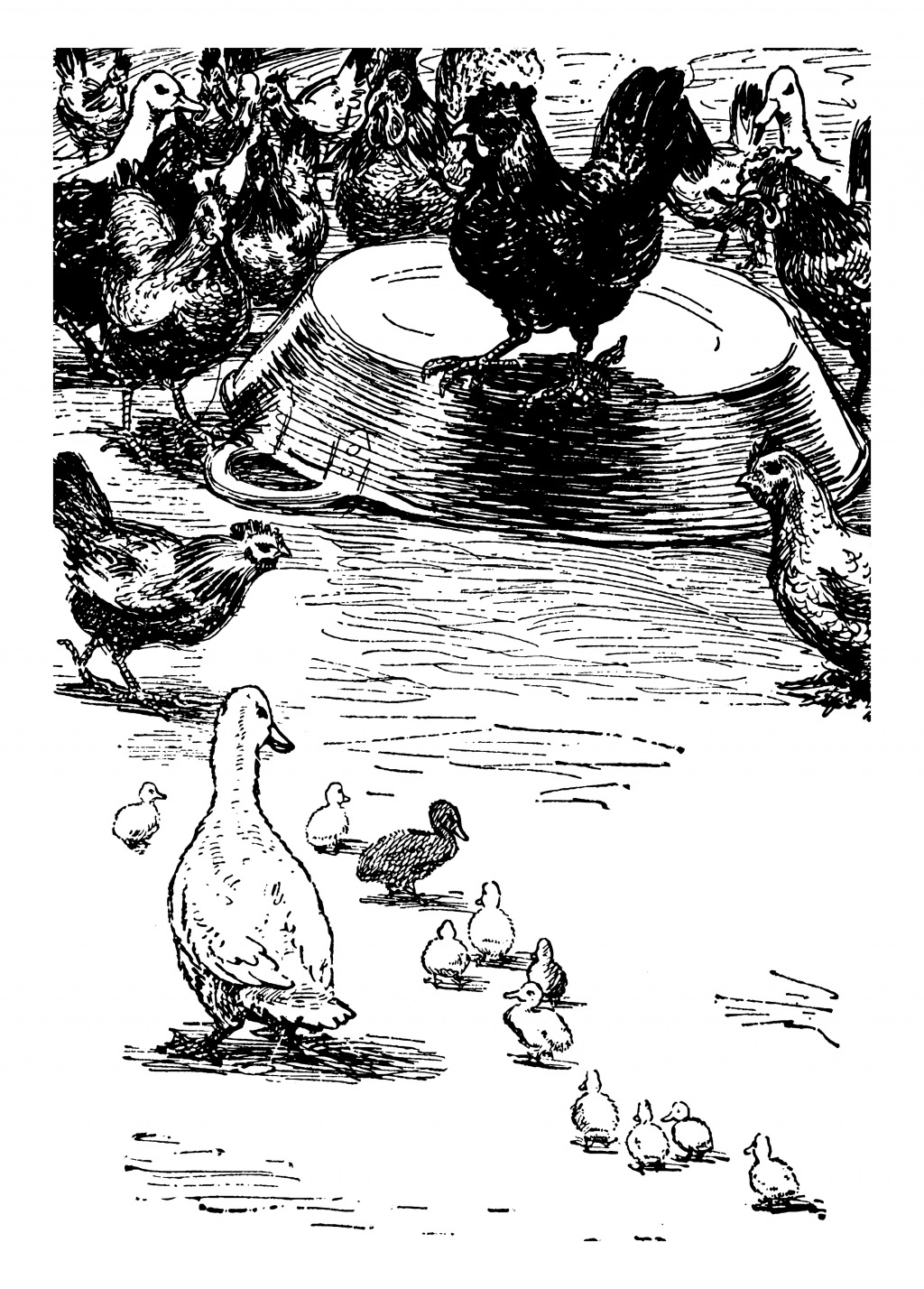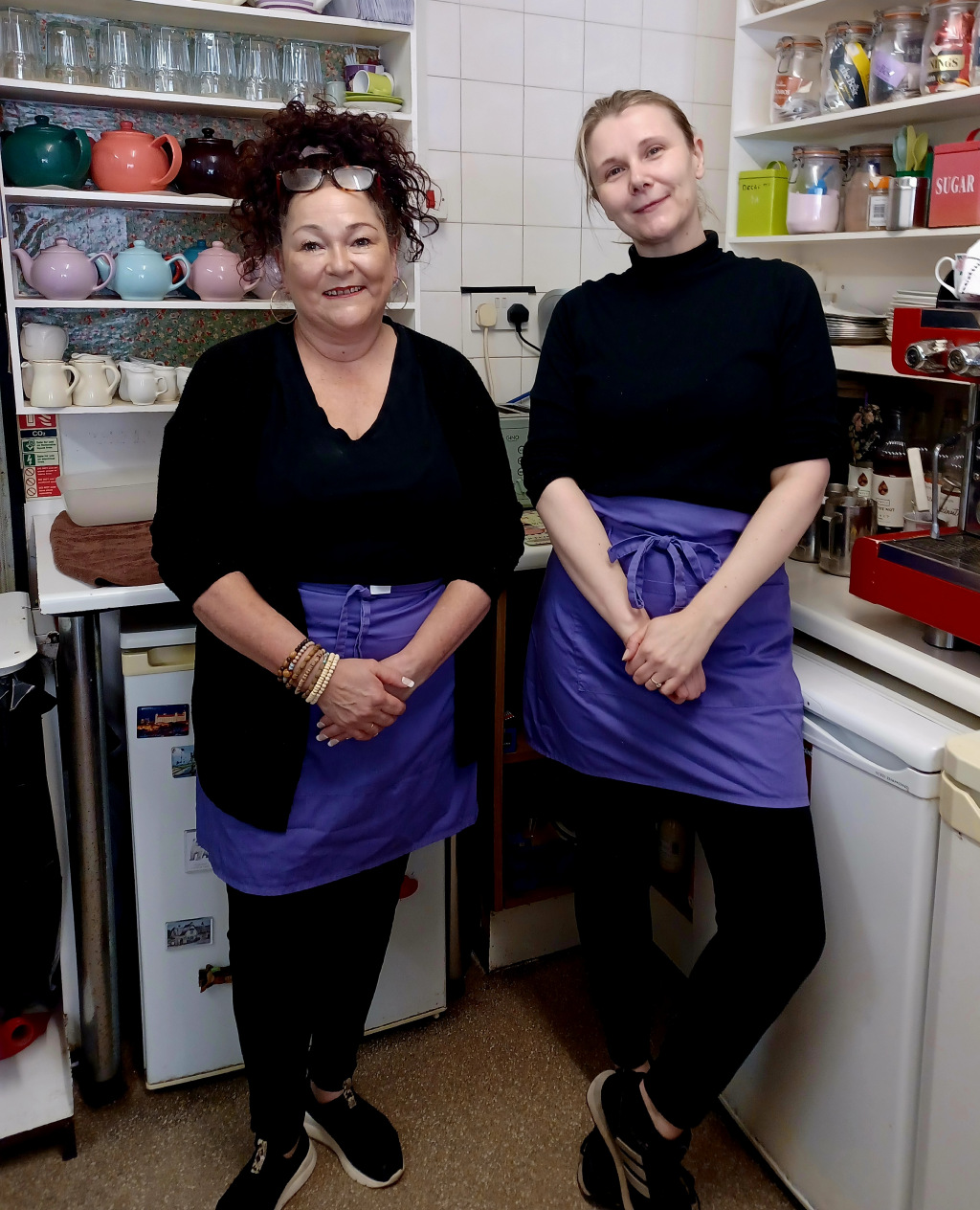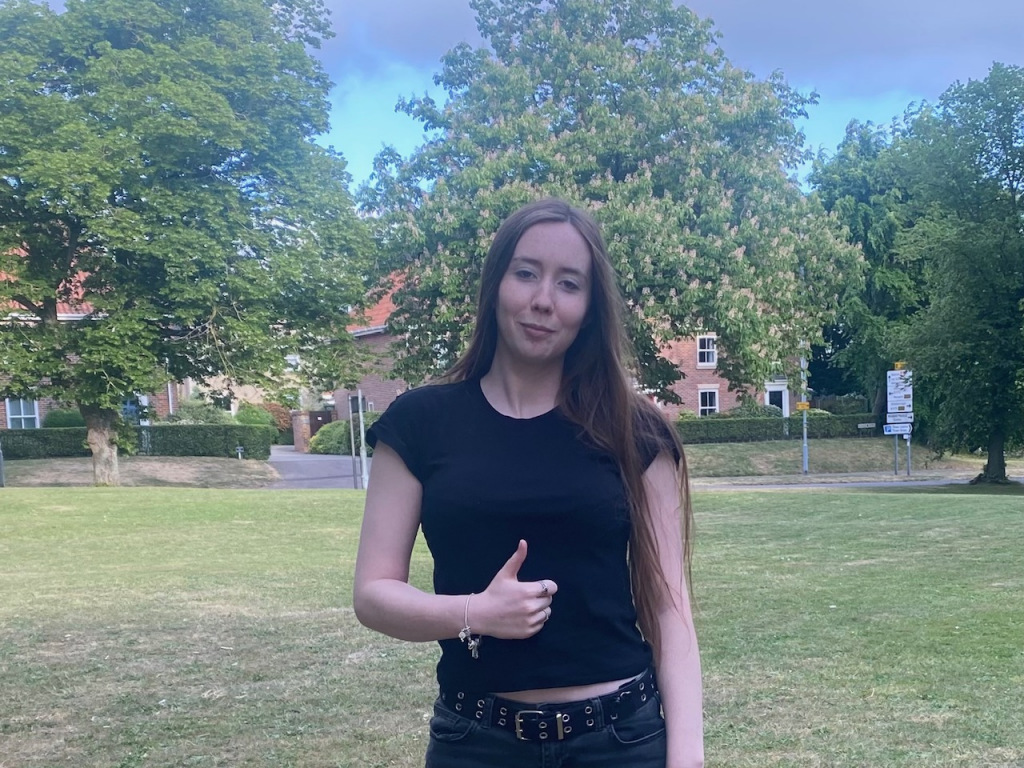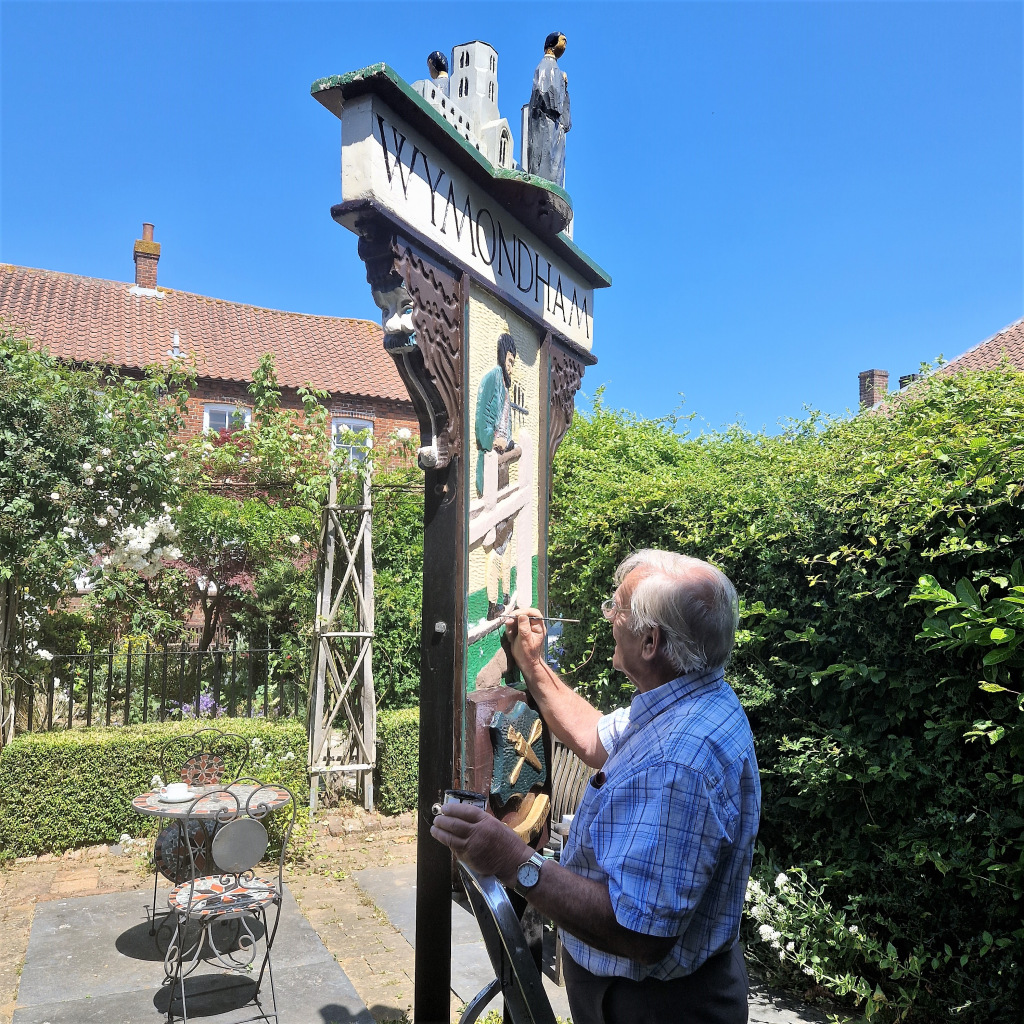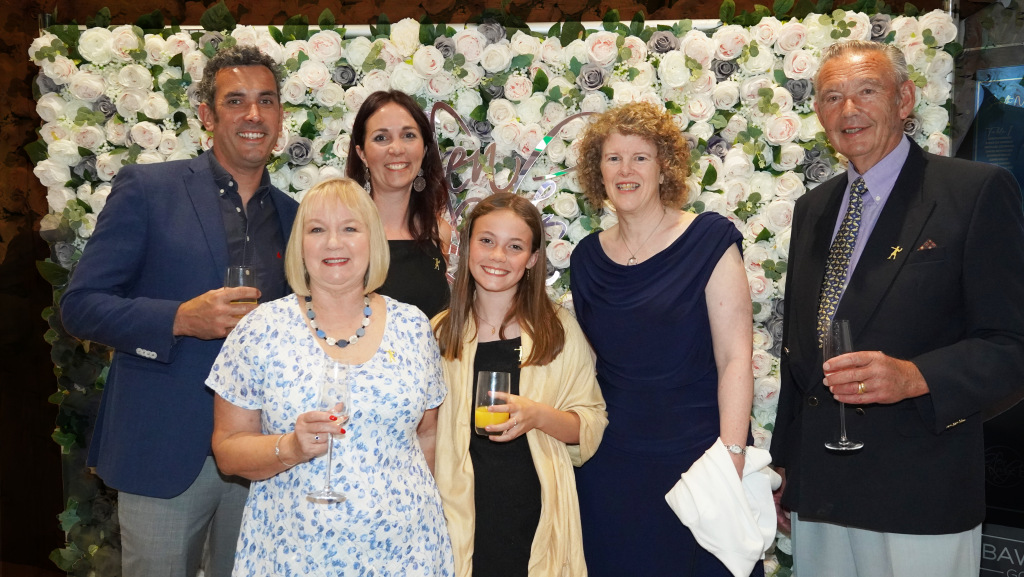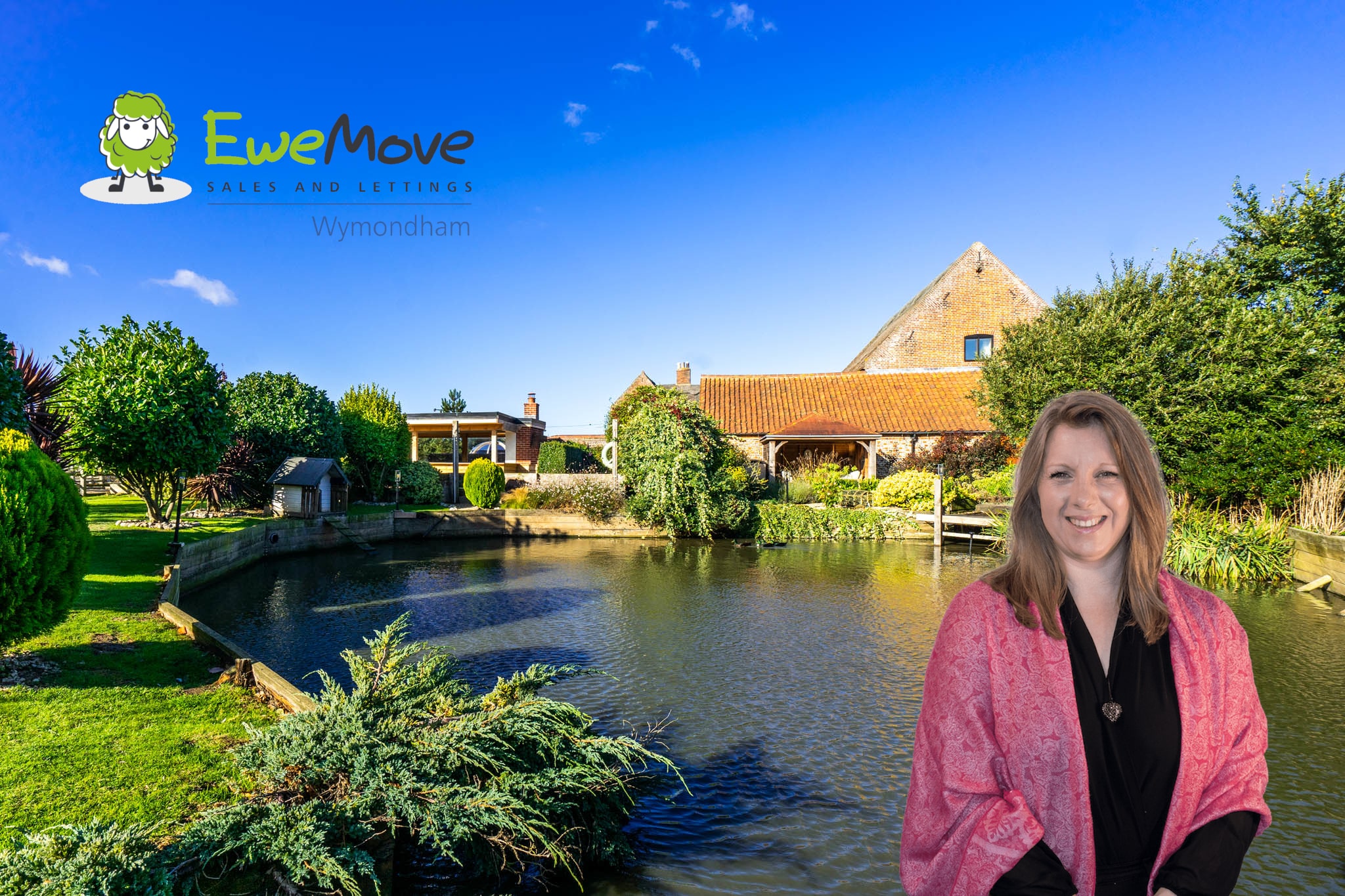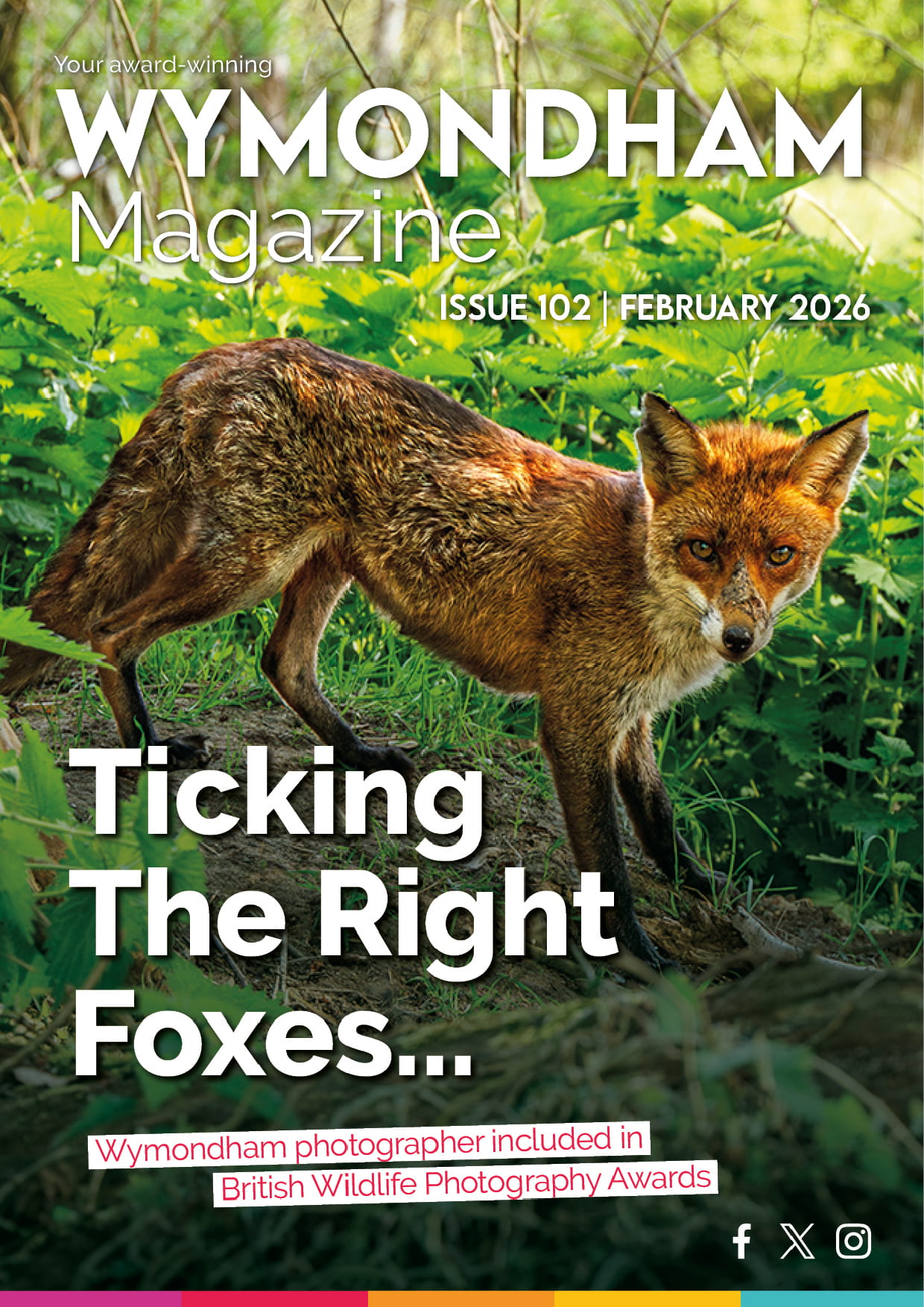I recently had a conversation with the Editor-in-Chief of an Edinburgh news publication, and he told me that the role of journalism was to “cater” to the views of the audience (‘cater’ being his exact verb) and that all writers must “work within the views or opinions that the audience will find acceptable”.
At first glance, that may seem reasonable. The financial model is understandable: subscription newspapers want to keep their readers’ money by writing what people will expect to read. Even still, possibly in a naïve way, this ethos depressed me. It is the product of a wider social phenomenon: various mainstream newspapers all with their tribalistic ‘camps’, where every tribe of readers is spoon-fed opinions they already hold. Being mindful of publishing accurate, good-taste content is one thing; bending over backwards to conform to orthodoxy is another. This led me to realise just how privileged we are in Wymondham with the resources we have to hand: take Wymondham Magazine as an example. The wonderful thing about this publication is that, by contrast, it is home to a variety of voices within the community. Maybe that’s a product of town-community publications: more amicability and many people get their say. That’s one of many reasons I remain privileged to contribute to it.
I am also grateful that my Wymondham teachers created environments where it was okay to have your own mind. Social media has, undoubtedly, made my generation more frightened to break out of echo chambers, so to have good teachers to moderate classroom discussions was vital. This was especially vital for English Literature, a subject entirely based on the communication of alternate views, where free thought backed up by empirical evidence from the text is the goal. I have occasionally been guilty (as I’m sure we all have) of being That Student who would raise his hand and state an opinion the complete opposite of how other students felt, and I was fortunate to have teachers that didn’t chuck me out on my ear. Teachers are pros; this is never their first rodeo. To have a good teacher meant it didn’t matter if a few angry classmates whispered or scowled in the privacy of being outside my eye line. The classroom environment could remain relatively upbeat.
However, that sentence from the Edinburgh EIC – the need to “cater” to views that an audience “will find acceptable” – whilst understandable in the context of a paying newspaper, is reminiscent of something I am increasingly noticing among people of my age. My generation is terrified of causing offence. We may not admit this. We may declare that we are simply being careful of what we say or that we are just being tactful, which are in themselves commendable qualities. I think this fear goes beyond mere tact. Social media has made us all very frightened to transcend the orthodoxies of our friends or communities, especially in the intense teenage circles of secondary schools or universities. University friends of mine have told me that they would never submit anything to the aforementioned Edinburgh publication because they fear ostracisation for their stances on contentious issues, even though they are incredibly kind, liberal people.
This led me to another considerable Wymondham privilege: Wymondham High Academy was (and hopefully still is!) full of teachers prepared to tell pupils, “You might be totally wrong about this. Here’s what you should consider instead.” My Science teachers were unafraid to break the news when I’d melted a tray or smashed a test tube. It can hurt your heart to hear criticism in the moment (especially in a room full of your peers), but a year at university has made me appreciate it in retrospect. Universities encourage challenging yourself too – of course – but one does come across a few pupils who haven’t quite got the memo: they deliver their opinions in grandiose speeches as if their views are sacrosanct, implying in their tone that any attempt to challenge them would be futile. University professors may well feel less capable of challenging these people because it is less of a ‘disciplinary’ environment, unlike school.
Thank you, Wymondham, for everything! In cases like these, I realise how lucky we are.






